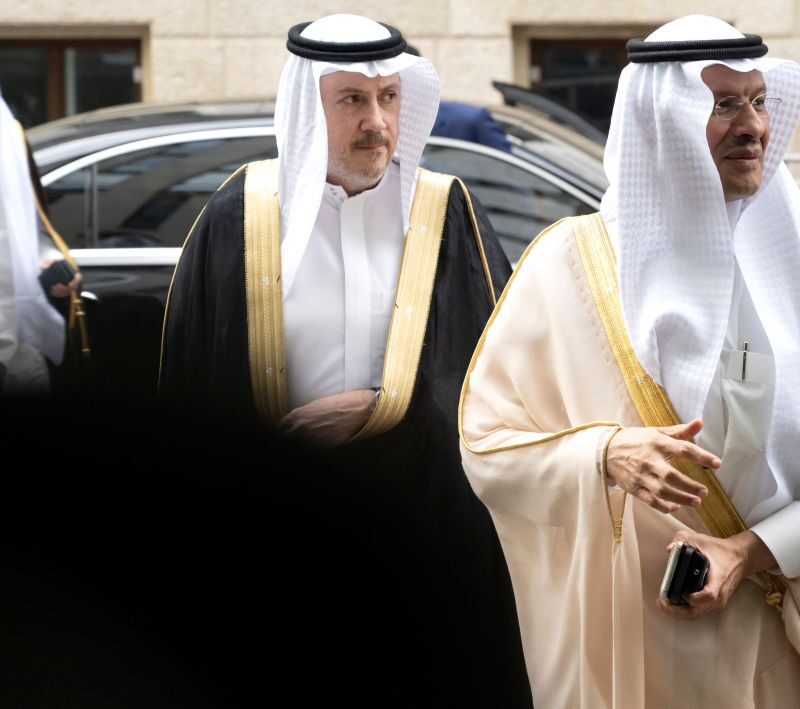
From AlUla to Cannes: Saudi film industry blooms six years after cinema ban is lifted
The kingdom’s return to film following a 35-year ban is making a mark both domestically and internationally
Saudi Arabia celebrated six years since cinemas reopened in the kingdom this month following a 35-year ban. Filmmakers who were unable to shoot in the city streets for fear of the now-defunct religious Mutawa have returned home; the government...



